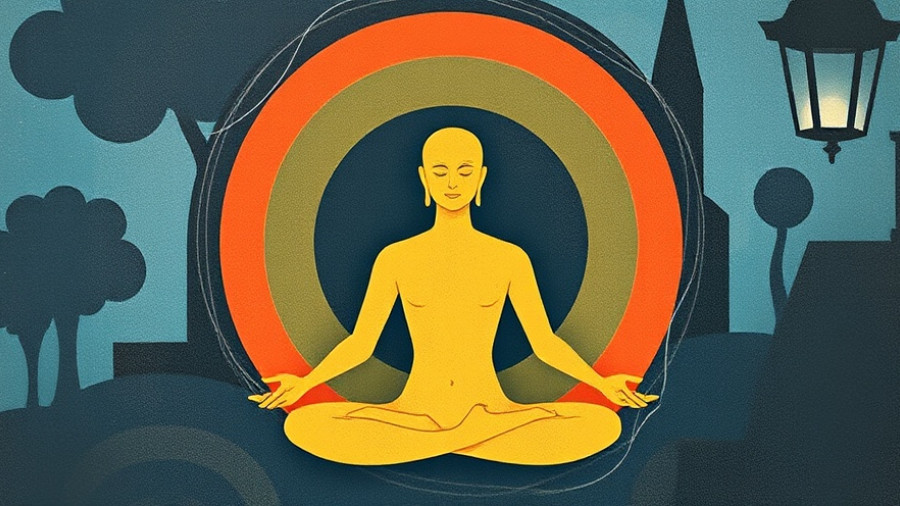
The Essence of Buddhism: A Path to Mental Well-being
Buddhism, a profound spiritual and philosophical tradition, offers tools for navigating life's complexities, most notably in managing mental health challenges like anxiety and depression. Defined not only as a religion but also as a way of life, Buddhism emphasizes the importance of understanding suffering—a concept deeply intertwined with the challenges many face today.
A Historical Perspective on Suffering
Established over 2,600 years ago in India, Buddhism emerged during a period of significant intellectual development. The Buddha, originally known as Siddhartha, sought to understand the causes of human suffering—an inquiry that resonates with modern mental health struggles. Through his meditative practices, he recognized that suffering (dukkha) is an inherent aspect of life, a realization that remains vital in today's context, where anxiety disorders like generalized anxiety disorder, panic attacks, and depression afflict individuals regardless of age or background.
Schools of Buddhism: Different Approaches to Understanding
Buddhism is not monolithic; it encompasses various schools of thought that reinterpret its teachings. The two primary schools—Theravada and Mahayana—offer unique insights into the nature of suffering and self-liberation. For instance, Mahayana Buddhism involves the bodhisattva ideal, committing to the liberation not just of oneself but of all beings. This perspective can nurture compassion and empathy, essential qualities when providing or seeking support for mental health issues.
Buddhist Symbolism: Tools for Mental Clarity
Buddhist symbolism plays a pivotal role in this tradition, serving as a guide for practitioners. The three jewels—Buddha, Dharma, and Sangha—are often represented in art and meditation practices, reinforcing the importance of community and wisdom in overcoming mental health challenges. Mindfulness, a practice rooted in Buddhism, has gained prominence in mental health discussions, offering techniques that are effective for managing anxiety symptoms and improving overall well-being.
Modern Relevance: Bridging Tradition and Mental Health
In recent years, awareness of mental health issues has surged, yet stigma persists. Buddhism’s teachings can help dissolve this stigma, promoting mental health education and the understanding that asking for help is a sign of strength. With the increasing popularity of mindfulness-based interventions in counseling practices and psychotherapy, integrating Buddhist principles into modern therapeutic approaches offers potential relief for many, particularly within youth and marginalized communities.
Why This Matters: Addressing Mental Health Through a Buddhist Lens
The integration of Buddhist philosophy into mental health treatment provides a holistic approach to well-being. Techniques like meditation and mindfulness have been shown to alleviate symptoms of anxiety, improve resilience, and foster emotional intelligence. As healthcare systems evolve, incorporating such practices into mental health policy could enhance access to care, especially in underserved areas.
Take Action: Embrace Mindfulness for Better Mental Health
As we confront the ongoing challenges of mental health, learning about Buddhism can provide valuable insights. I urge you to explore mindfulness techniques and consider how the principles of Buddhism can inform your approach to mental well-being. Whether through community support groups, professional counseling, or personal mindfulness practices, embracing these elements can pave the way for improved mental health.
 Add Row
Add Row  Add
Add 




Write A Comment